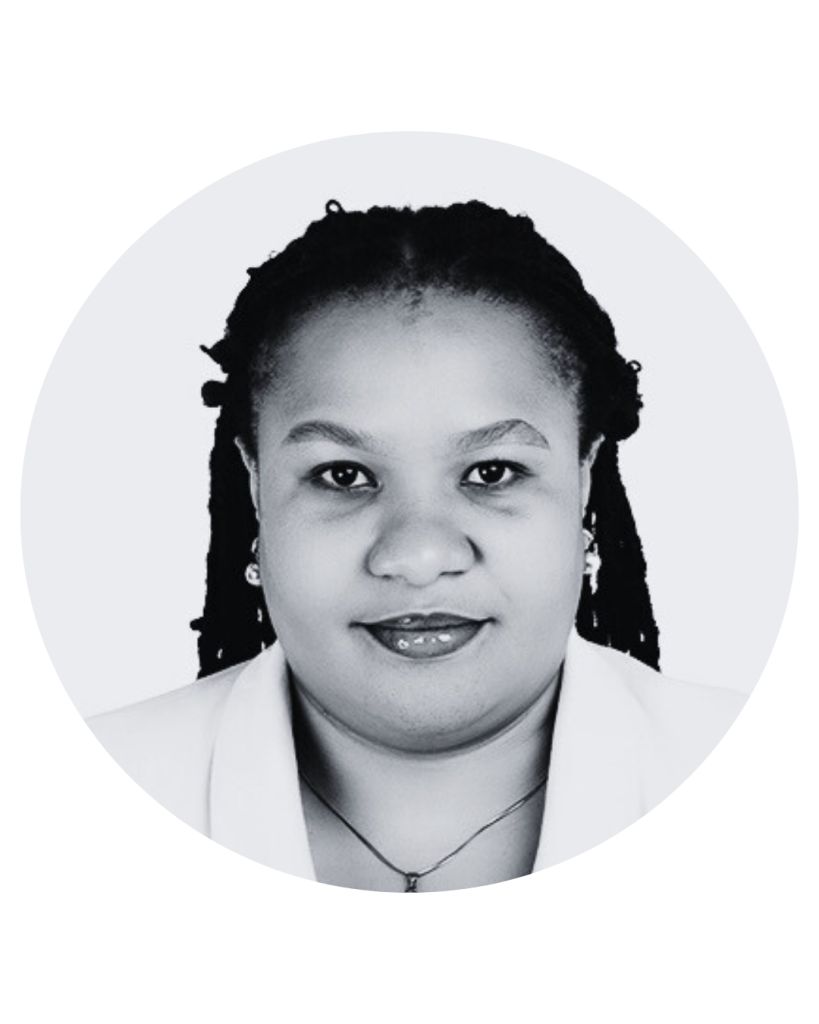Dr Ange Cynthia Umuhire
Employing Space Science in Managing Disaster Impacts on Ecosystems in East Africa
As climate-induced disasters increase across East Africa – floods swallowing cropland, droughts crippling pastoral livelihoods, and land degradation eroding the soil beneath people’s feet – Dr Ange Cynthia Umuhire is looking skyward for answers. A space scientist and policy expert, Umuhire is on a mission to turn satellite data into tools that help communities predict, prepare for, and adapt to environmental threats.
Her proposed research project will harness Earth observation data to map ecological vulnerability in the face of climate disasters. It aims to integrate satellite imagery, machine learning, and local ecological knowledge into a decision-support system that enables governments, conservationists, and local people to anticipate impacts and take action to protect East Africa’s most critical ecosystems.
“There’s a tremendous amount of satellite data available,” Umuhire explains, “but it’s often disconnected from the local realities and urgent needs of the people most affected by disasters. My goal is to bridge that gap.”
At the heart of her approach is the idea that resilience isn’t just a scientific concept, it’s a lived experience. Her project combines high-resolution Earth observation with on-the-ground vulnerability assessments to track how events like flooding or prolonged drought affect forests, wetlands, and farmlands over time. By identifying ecological hotspots, areas both vital and at risk, Umuhire hopes to arm decision-makers with the foresight needed to plan and adapt.
The research is deeply personal. While working with the Rwanda Space Agency on a flood monitoring pilot in the Nyabarongo River Basin, Umuhire presented satellite flood maps to a local community. An elder stood up and said, “We’ve always known when the river might flood by watching the sky, the birds, the soil, but now we see how science can confirm what we feel, and help us prepare better.” That moment, Umuhire says, crystallised her purpose: “Science is at its best when it listens.”
If she wins the JWO grant, Umuhire plans to build a regional platform that provides real-time environmental alerts and risk maps for disaster-prone ecosystems. She’ll also train young African scientists, particularly women, in satellite analysis and AI tools, helping to grow a homegrown generation of climate resilience leaders. “This project isn’t just about data,” she says. “It’s about agency: giving people the tools to protect their ecosystems and futures.”
Beyond climate change, Umuhire identifies unsustainable land use as one of Africa’s greatest environmental threats. Yet she remains hopeful, citing innovations like airborne environmental DNA (eDNA) sampling, a game-changing tool for tracking biodiversity and pollutants without disrupting ecosystems.
It’s this mix of scientific optimism and community-rooted purpose that gets her up in the morning. “Every day is a chance to turn cutting-edge science into real-world impact,” she says.
As a child, Umuhire dreamed of becoming an astronaut. Today, she’s proving that you don’t have to leave Earth to make space science count, especially for the people and places most vulnerable to environmental change. And yes, she still stargazes, often with dark chocolate (her favourite indulgence) in hand.




